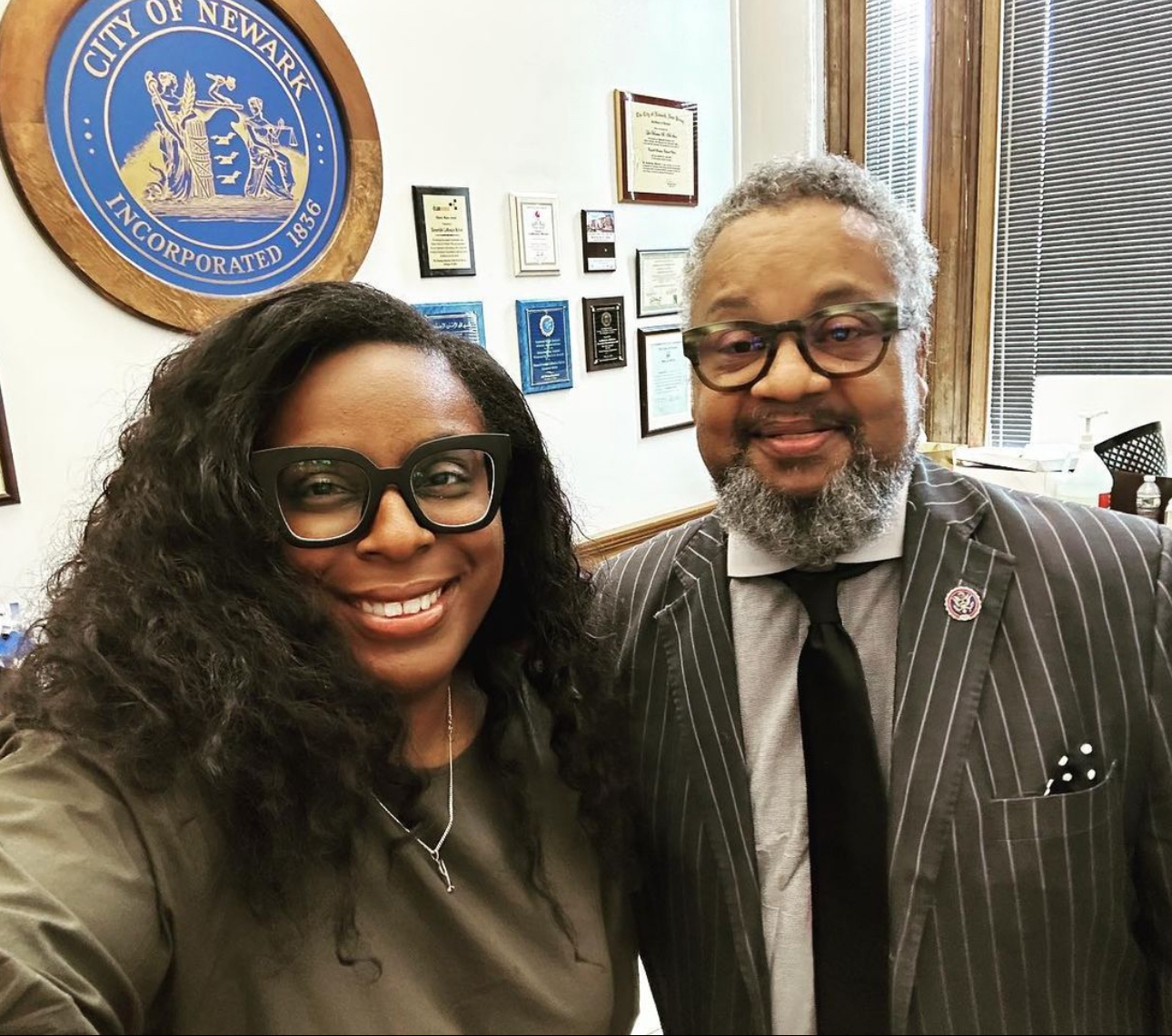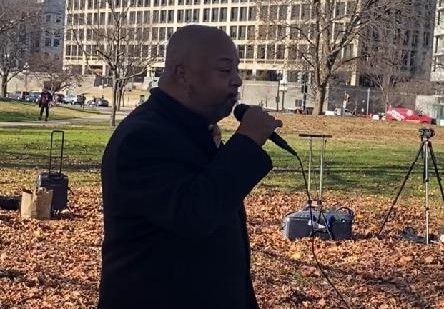
In Democratic Party circles there’s an established drumbeat that 2024 is ‘about preserving democracy,’ which assumes that what we have now is a democracy.
Like so much in America, the quality of the democracy you experience depends on where you live.
We know that there’s a wide variation in how long it can take you to vote depending on the state and the neighborhood. If you are in some red states, below the Mason-Dixon line in a predominantly Black neighborhood you need to set aside hours to vote. In other jurisdictions, exercising your franchise is a breeze and you might get a flag sticker and a doughnut.
Back on Oct. 7, 1765 the so-called Stamp Act Congress convened in New York City’s Federal Hall and nine of America’s colonies let it be known that they were of the conviction that the British monarch had no right to impose a tax on them if they had no representation in the British Parliament.
The confab was a response to the Crown’s decision to impose the notorious Stamp Tax on every printed page published in the colonies and as the National Constitution Center reminds us, even going so far as to extend the levy on “playing cards and dice.”
This would be the slow burning ember that would take ten years to spark the American Revolution.
Today, almost 241 years after the signing of the Treaty of Paris that ended the American Revolution, there’s still a lot of quirks in our system of so-called representational democracy. There’s the weighted advantage given to rural areas where incarcerated prisoners from urban areas are included toward the U.S. Census count that enhances their Congressional apportionment as well as the rural district’s allotment for federal appropriations.
There’s the electoral college that in 2016 resulted in former Secretary Hillary Clinton getting three million more votes than Donald Trump, yet Trump prevailed.
These days, when I called the late Rep. Donald Payne’s office in Newark an answering machine picked up. Up until this spring, New Jersey’s 10th District was represented by Rep. Donald Payne Jr who had held the seat since 2012 up until April 24 when the six term Congressman died while in office.
July 16, there was a special primary for Payne’s seat in which Newark city Council President Lamonica McIver prevailed in an 11-candidate field that a tiny sliver of the district’s electorate turned out for. There will be a general election September 18th and then another general election in November.
In the meantime:
“By federal law and the Rules of the House of Representatives, the employees of the former Representative continue to staff the offices of the congressional district under the supervision of the Clerk of the House of Representatives,” according to the 10th district’s website. “This interim vacant status continues until a new Representative is elected to fill the unexpired term. Currently, the congressional district does not have voting representation. Although the scope of the vacant congressional office is limited, constituents of the district are invited to contact this interim office for information and assistance as indicated below.”
The 10th CD includes some of the state’s poorest zip codes where according to the United Way’s ALICE survey 56 percent of the households struggle week to week to get by. If anyplace needed 24/7 representation and advocacy it would be this district that’s in a state that has some of the nation’s wealthiest enclaves.
By contrast, when Senator Robert Menendez resignation takes effect on August 20, Gov. Phil Murphy will appoint a replacement to fill out the remainder of his term that ends in January of 2025. Can’t have that spot go vacant….
Peter Woolley is a political scientist and the founding director of FDU’s School of Public and Global Affairs. Woolley concedes the lack of interim representation for the struggling 10th CD “is a gap in representative democracy that happens with some regularity” in the U.S.
“In other countries it [a vacancy in office] is very important because it initiates a bi-election and becomes a kind of real-life poll of ho the incumbent government is doing but in the United States there’s no constitutional prescription for how to fill that seat so it is done in a variety of ways and some of them are more efficient than others,” Woolley told InsiderNJ. “New Jersey’s method isn’t very efficient. Don Payne could not be removed from the primary ballot and he had to be nominated even though he was dead.”
Woolley continued. “The Constitution stipulates the House seat has to be filled by an election, unlike the Senate where the seat can be filled by an appointment, and the states are in control of all elections and the states make all their own rules.”
“The difference between the treatment of a House vacancy and a Senate vacancy is actually a hangover from the original construction of the Constitution where the Senators were meant to be creatures of the state governments and weren’t popularly elected,” Woolley said.
Prior to 1913, U.S. Senators were elected by their state legislators.
Our democracy, very much a work in progress.
(Visited 37 times, 37 visits today)
Insider NJ recently reported on the state of New Jersey’s Congressional District 10, which seems to be operating on autopilot. This district, which covers parts of Essex, Hudson, and Union counties, has been the subject of much scrutiny in recent months due to its lack of active representation in Congress.
The current representative for CD-10, Congressman Donald Payne Jr., has been noticeably absent from his duties in Washington, D.C. and has failed to address the needs of his constituents back home in New Jersey. This has left many residents feeling frustrated and neglected by their elected official.
In the absence of Congressman Payne Jr., the district has been left to operate on autopilot, with no one actively advocating for the needs of the community. This lack of representation has had a negative impact on issues such as healthcare, education, and infrastructure in CD-10.
Many residents are calling for a change in leadership and are eager to see a new representative step up to the plate and address the pressing issues facing the district. It is clear that the current state of affairs in CD-10 is unsustainable and that action must be taken to ensure that the needs of the community are being met.
In conclusion, Insider NJ’s report on New Jersey’s CD-10 operating on autopilot highlights the importance of active and engaged representation in Congress. It is essential that elected officials prioritize the needs of their constituents and work diligently to address the issues facing their communities. Residents of CD-10 deserve better, and it is time for a change in leadership to ensure that their voices are heard and their concerns are addressed.


